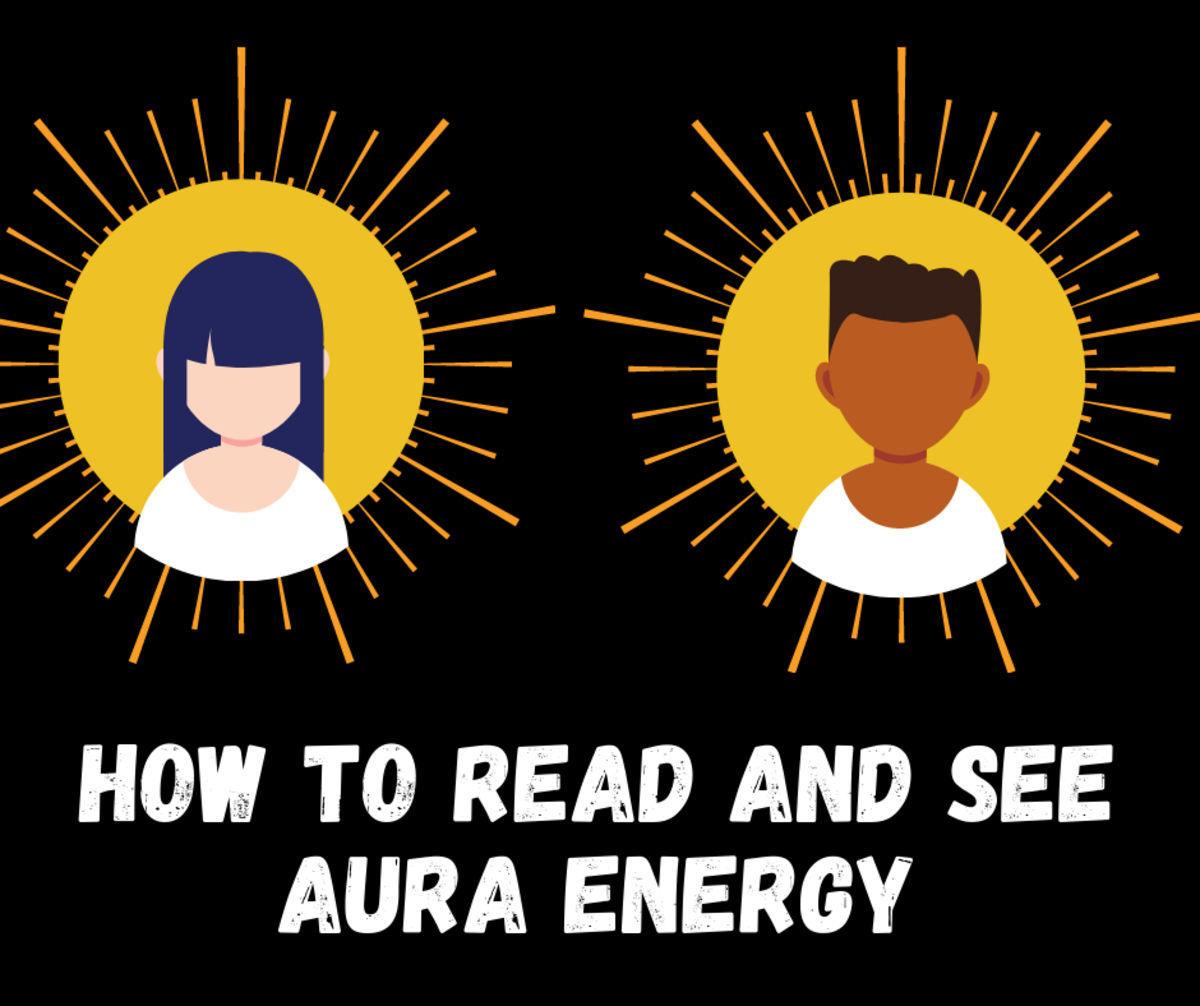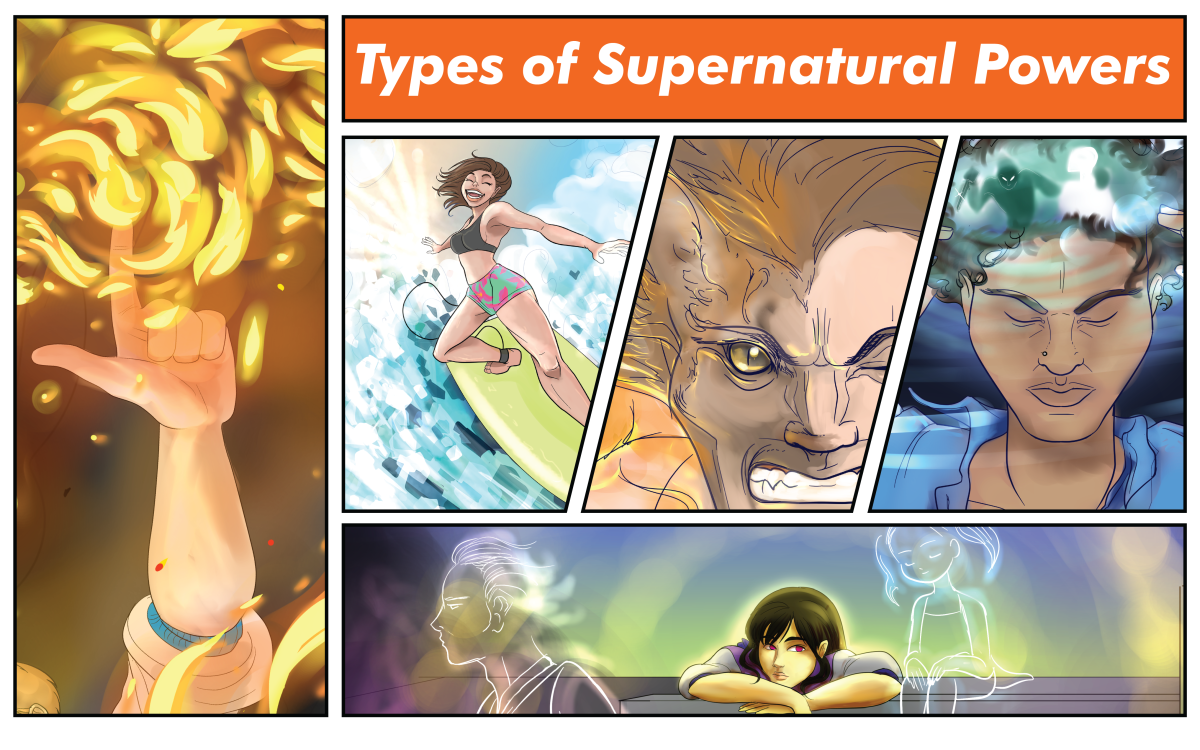Causality: Empiricist Skepticism vs Transcendental Idealism.

Hume vs Kant
What is causality? Causality is the relationship between an event and a second event, where the second event is understood as a consequence of the first. This is something that many of us can understand just from viewing daily life. We know that if we do not put gas into our car, it will, in time, run out of gas and cease to start. Can we apply this same thought process to all aspects of reality or maybe even the supernatural? Within the next few paragraphs we are going to look at two arguments, one will be Hume’s empiricist skepticism and the other Kant’s transcendental idealism.
First, let us look at Hume’s thoughts. His thoughts begin with a rejection of the abstruse speculations and superstitions of contemporary thought of his time and that all knowledge comes through sensory experience (Baird). Hume felt that all perceptions of the mind could be divided into two categories, impressions and ideas. He also thought that ideas came from impressions or a combination of impressions. Hume further breaks down the association between ideas into three principles, resemblance, contiguity, and cause/effect (Baird). Hume argues based on the dog, dinner and bell case, that there is not necessarily any relationship between the cause and effect. And that we grow accustom to seeing two events together that we naturally associate them as one causing the other (Baird). Hume took the stance that all events are based on the laws of nature and that they come from past experiences. In his argument, he feels it is pointless to use cause/effect to argue any point of certainty. In the end, humans do not possess the ability to know anything beyond our impressions and ideas. If we look at Hume’s Fork, we see that he rejects real causality. This theory says that there can be no knowledge of real causal relations. His basis for this argument is that causality cannot be derived a priori from the law of non-contraction, so it is not analytic. Neither can it be derived a posteriori from experience; perception experiences nothing but constant conjunction (Baird).
If we look at Kant, we see that he feels if Hume is indeed correct then empirical science is rendered epistemically suspect and speculative metaphysics are nothing more than myths at best (Baird). Of course, this is an argument that does not sit well with Kant and he makes the attempt to rebuttal Hume. He first took the approach of clearly identifying areas of knowledge that did not fit into the realm of Hume’s Fork theory. He very effectively used mathematics to counter Hume’s thought that all knowledge must come from the five senses. Kant did agree with Hume, that pure reason alone cannot provide substantial information about the world and that substance knowledge begins in experiences. Kant’s solution to Hume’s Fork was to change it into a trident. So in addition to knowledge from analytic a priori and synthetic a posteriori, he added knowledge by synthetic a priori as well. Kant thought of the mind as being active instead of passive. That it constructed our experiences of the world so that we always only have access to the appearance of how things are, instead of how things really are (Baird).
In both of these arguments we can find very strong points to support each. Although Kant does a very good job of responding to Hume, it does not appear as he has completely rebutted Hume’s argument. When dealing with what is commonly referred to as the real world, we tend to look at the things around us. If we didn’t have our five senses, our minds would have no path of interaction to give us an interpretation of what we are experiencing. Even looking at Kant’s math argument, without the sense of hearing or seeing, we would not have even been able to learn of math in the first place. So it would be to the person without the five senses as if it did not exist. This is true of everything in the real world, without a method to allow our minds to interpret what we come into contact with; to us those objects would not exist. For the deaf person, music is nothing more than vibration that is felt through the sense of touch, for those of us who can hear, it is a beautiful melody and we seem to miss the vibration of the music. The same goes for color for one who is blind; they can have no knowledge of color if they have never seen color. After a long hard look at both arguments, Kant does offer a feasible rebuttal, but it falls short. Hume’s argument holds together well when it comes to the “real” world, but is lacking for the explaining of the supernatural world, which he freely admits. Neither argument can be used as a strong basis for proving certainty of God, freedom or soul. Although with Kant, he does make a strong case for these in that he argues that they are useful regulative concepts and gives a moral argument over a speculative one (Baird).
Regardless of your personal beliefs, from a purely philosophical standpoint, both of these arguments can be effectively used to support your stance on the topic being debated. As with many things in our lives, we take much of what we experience based on our perception of what is happening. We see, hear, feel, taste or smell things that are not there or are there but we do not sense it. Our minds fill in the blanks of missing information as to give us a complete picture of what is going on around us. But this information is not always correct. Take what you see for example, due to how our eyes are made up, we have a blind spot, but our brains fills in that blank area with information from the surrounding area to offer a complete picture. And as any police officer will tell you, if you have fifteen witnesses, you will get fifteen different stories. The trick is to find the truth or the causality that is central to all of them.
Works Cited
Baird, Forrest E. Ancient Philosophy Volume Three. Upper Saddle River: Prentice Hall, 2011,2008,2003






